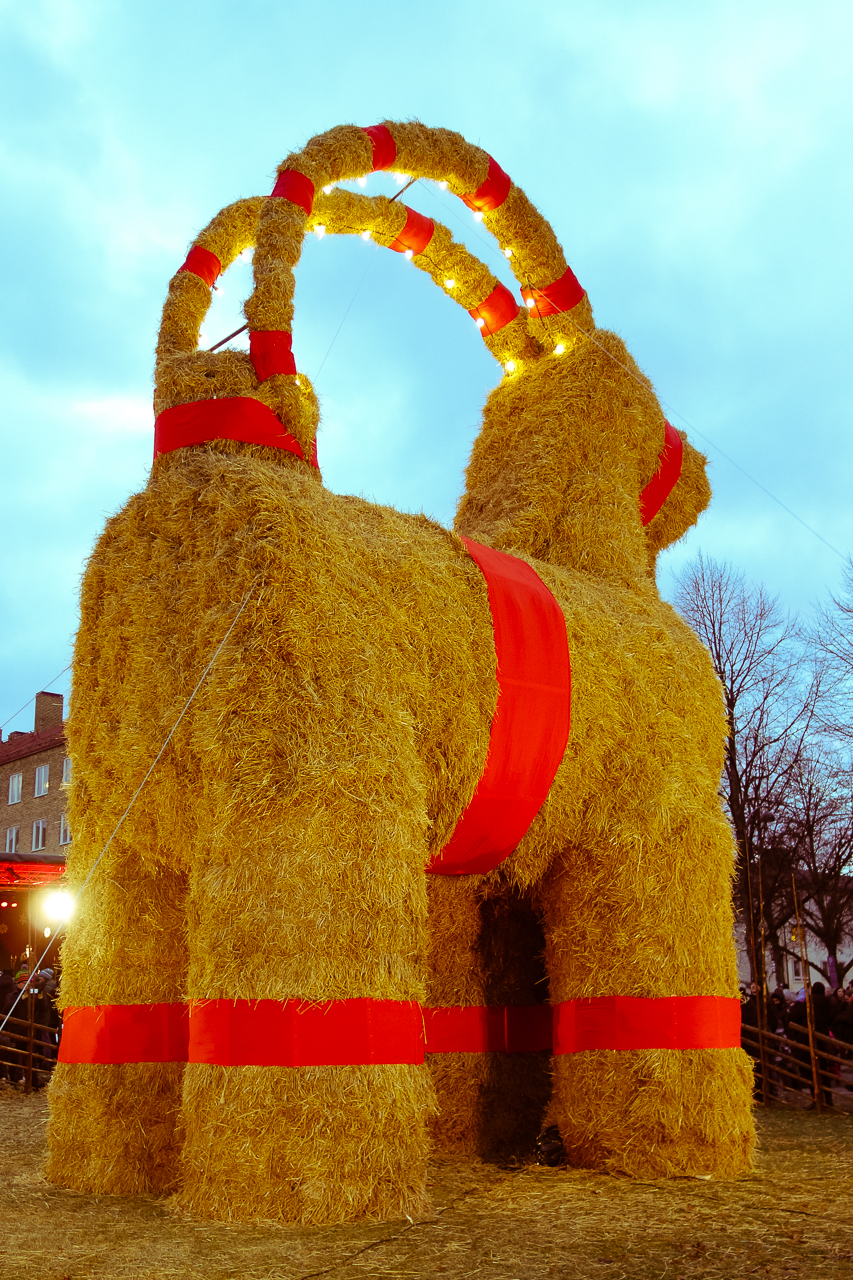
Is number a property of an aggregate of things? But what
is an aggregate? Can the very same things have the same number once disaggregated? Frege (
The Foundations of Arithmetic § 23, translation J.L. Austin) writes:
To the question: What is it that the number belongs to as a property? Mill replies as follows: the name of a number connotes, ‘of course, some property belonging to the agglomeration of things which we call by the name; and that property is the characteristic manner in which the agglomeration is made up of, and may be separated into, parts.’
Here the definite article in the phrase "the characteristic manner" is a mistake right away; for there are very various manners in which an agglomeration can be separated into parts, and we cannot say that one alone would be characteristic. For example, a bundle of straw can be separated into parts by cutting all the straws in half, or by splitting it up into single straws, or by dividing it into two bundles. Further, is a heap of a hundred grains of sand made up of parts in exactly the same way as a bundle of 100 straws? And yet we have the same number. The number word ‘one’, again, in the expression ‘one straw’ signally fails to do justice to the way in which the straw is made up of cells or molecules. Still more difficulty is presented by the number 0. Besides, need the straws form any sort of bundle at all in order to be numbered? Must we literally hold a rally of all the blind in Germany before we can attach any sense to the expression ‘the number of blind in Germany’? Are a thousand grains of wheat, when once they have been scattered by the sower, a thousand grains of wheat no longer? Do such things really exist as agglomerations of proofs of a theorem, or agglomerations of events? And yet these too can be numbered. Nor does it make any difference whether the events occur together or thousands of years apart.
 Is number a property of an aggregate of things? But what is an aggregate? Can the very same things have the same number once disaggregated? Frege (The Foundations of Arithmetic § 23, translation J.L. Austin) writes:
Is number a property of an aggregate of things? But what is an aggregate? Can the very same things have the same number once disaggregated? Frege (The Foundations of Arithmetic § 23, translation J.L. Austin) writes:
No comments:
Post a Comment